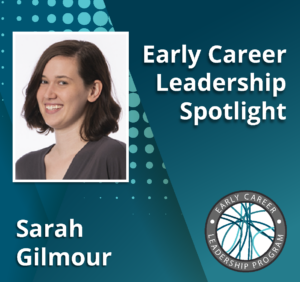Dick on sabbatical and my good fortune
Guest post in memory of Richard Lewontin by Thoru Pederson.

When I was a graduate student in the Zoology Department at Syracuse University, a visiting professor took an office across the hall from the lab where I was stationed. He came “across” to me (not a cis-trans test of allelism but just his kind social reach). At the time I had no idea who he was, so I was exempt from fawning.
After a couple of chats and lunches, we somehow hit it off. When I told him about my research, measuring the DNA contents of cells in Feulgen-stained preparations, he asked me how I was storing and processing my data. “Storing my data?” I replied. He immediately took my notebooks over to the computer center to see how they could process my data on IBM cards sent into a machine the size of a railroad freight car. I was so struck by his kindness and prescience.
During his sabbatical visit, he gave a series of lectures. After one, a question came: “Are you sure your contention of minimal human genetic variation can be reconciled with what is evident around us?” He offered the following: “On your way home after this seminar, you might see a rough guy on a motorcycle whereas you may be on your way to your study and a glass of sherry. Nothing in your or his DNA has defined these two paths.” It was a powerful comeback and one I can still remember to this day.
Just at the time of his sabbatical, Dick’s two papers with Jack Hubby came out in GENETICS. All measurements of variation had been based on breeding crosses and now there was a new tool. This was an overnight sensation. (Henry Harris at Oxford got this too but published in the Philosophical Transactions—a huge mistake).
Dick lived to see the molecular basis of human genetic diversity come to the forefront. In our letters, he never surrendered his position. I will always remember him for the warmth and interest he had for me as a student. But I am sorry that he never recanted on his opposition to Ed Wilson, if not on the core merits but as to the way he waged the battle.
About the author:
Thoru Pederson is the Vitold Arnett Professor of Cell Biology in the Department of Biochemistry and Molecular Pharmacology and Associate Vice Provost for Research at the University of Massachusetts Medical School.













